Industry information
Company News
- Fluorocarbon aluminum veneer: the "invisible warrior" of modern architecture
- Aluminum veneer new trend: revealing the "fashionable coat" of modern architecture
- Aluminum veneer customization, creating a new trend of personalized space
- Aluminum veneer: the new darling of modern architecture
- Aluminum veneer customization, creating a new trend of personalized space
Industry dynamics
- Innovative fluorocarbon aluminum veneer for building materials
- The evolution of aluminum veneer: from ordinary to extraordinary decoration choices
- Aluminum veneer customization, creating a new trend of personalized space
- Exploring the multifunctional application areas of aluminum veneer
- Evaluation of Technical Strength of Aluminum Veneer Manufacturers
Frequently asked questions
- How to improve the environmental performance of aluminum veneer?
- What are the manufacturers of aluminum veneer and how to choose?
- What are the thickness and specifications of aluminum veneer?
- What is the value of recycling and reusing aluminum veneer?
- What are the manufacturers of aluminum veneer?
contact us
Mobile:+86 15627778610
Email: 2201229786
Address: No. 5 Binjiang Road, High tech Zone, Zhaoqing City, Guangdong Province
What are the environmental certifications for aluminum veneer?
- Author: Xinlongtai Aluminum Industry (Guangdong) Co., Ltd
- Release time: March 8, 2025 15:03:55
- Click:0

In the current social context of increasing environmental awareness, more and more building materials require certain environmental certifications. Aluminum veneer, as a lightweight, high-strength, and corrosion-resistant building material, has gradually received attention from environmental certification. Below is a detailed introduction to the environmental certification of aluminum veneer.
Aluminum veneer needs to comply with national environmental standards. According to the national standard GB/T 27946-2011 "Aluminum Veneer for Building Use", aluminum veneer needs to comply with national environmental standards, including but not limited to VOC emissions, formaldehyde emissions, heavy metal content, and other requirements. Only aluminum veneers that meet national environmental standards can be recognized as environmentally friendly products.
Aluminum veneer requires EU environmental certification. The EU Environmental Certification is one of the highest recognized environmental certifications globally, with very strict certification standards. At present, the EU's environmental certification for aluminum veneer mainly includes REACH certification and RoHS certification. REACH certification refers to the regulatory requirements of the European Union for the registration, evaluation, authorization, and restriction of chemicals, mainly involving the assessment and management of chemical hazards; RoHS certification refers to restricting the use of harmful substances in electronic and electrical products, including lead, mercury, cadmium, hexavalent chromium, and other harmful substances. Only aluminum veneers that have passed EU environmental certification can be recognized as environmentally friendly products.
Again, aluminum veneers can also obtain other environmental certifications, such as Energy Star certification in the United States and Environmental Labeling certification in Japan. These certification bodies have conducted strict testing and evaluation of the environmental performance of aluminum veneer, and certified whether it meets the corresponding environmental standards. Only aluminum veneers that have obtained these certifications can be recognized as environmentally friendly products.
Finally, it should be noted that although aluminum veneer has good environmental performance, attention should still be paid to construction quality and safety issues in practical applications. For example, corresponding waterproof, anti-corrosion, and fire prevention measures should be taken when installing aluminum veneer to ensure the safety and health of the building. When choosing aluminum veneer, it should also be based on actual needs and select aluminum veneer products with good quality and service.
The environmental certification of aluminum veneer mainly includes compliance with national environmental standards, passing EU environmental certification, and other environmental certifications. These certification bodies have conducted strict testing and evaluation of the environmental performance of aluminum veneer, and certified whether it meets the corresponding environmental standards. We should closely monitor the latest developments and application cases of aluminum veneer technology, and actively promote the application and development of aluminum veneer in various fields. During the application process, attention should be paid to construction quality and safety issues to avoid potential safety hazards and quality problems.

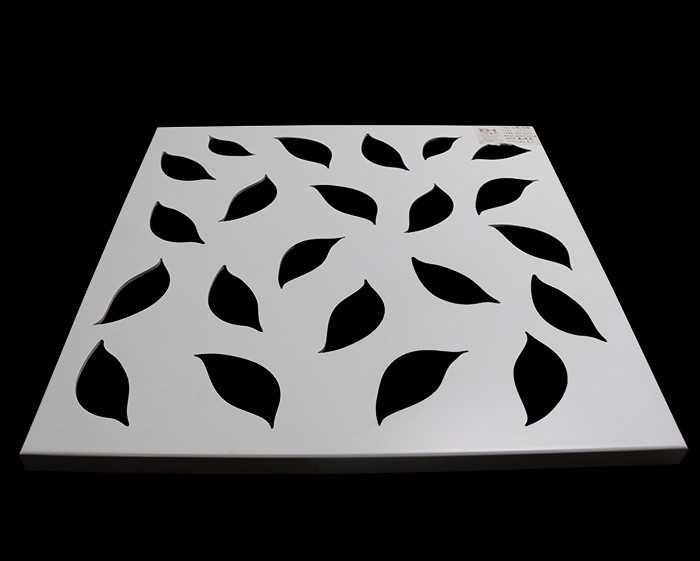
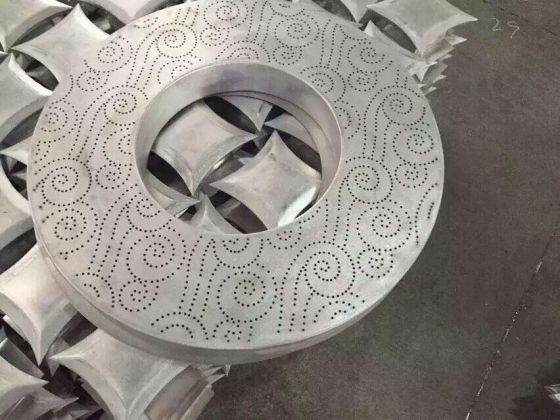
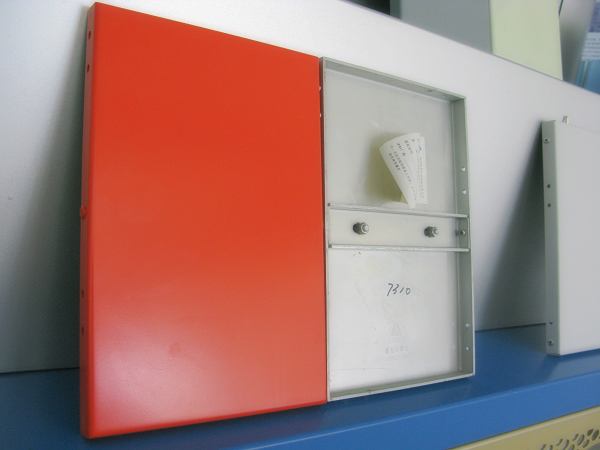
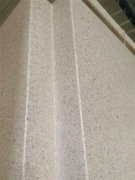
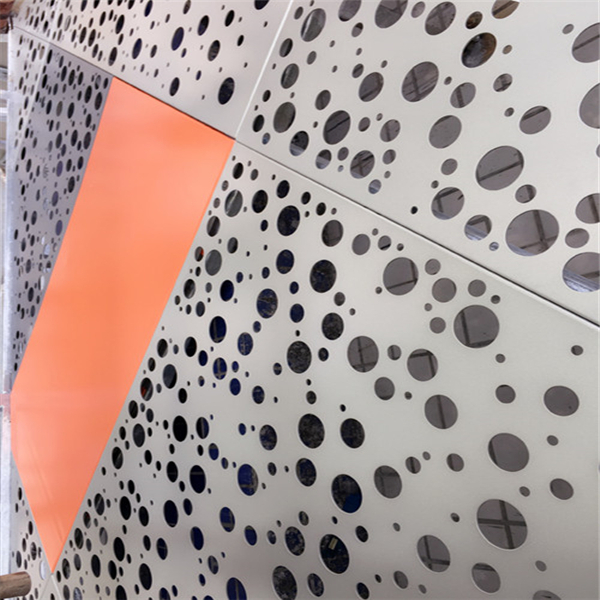
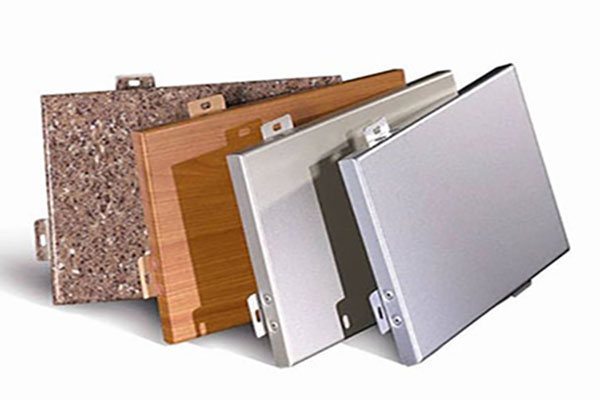
 Customer service QQ
Customer service QQ